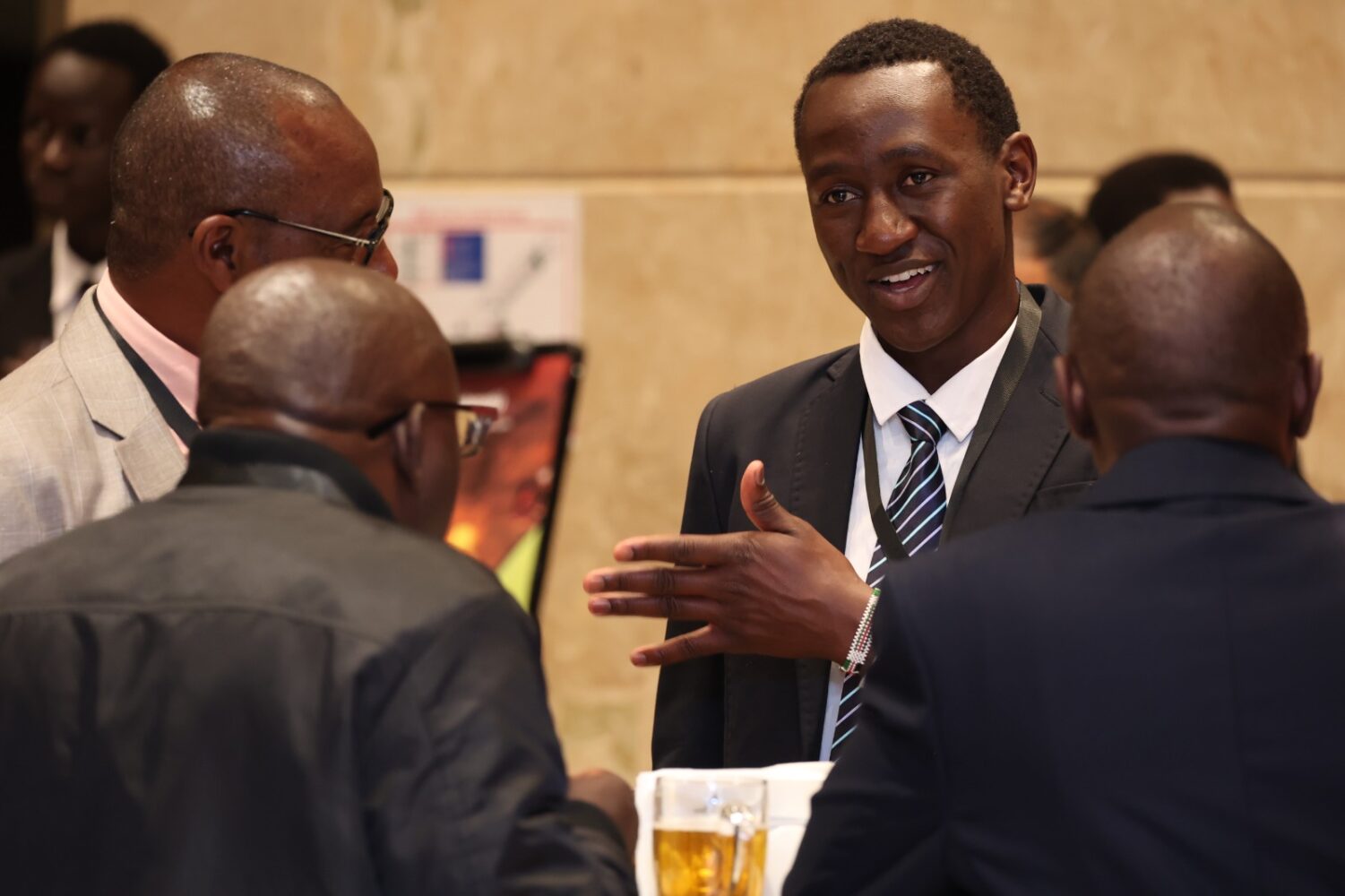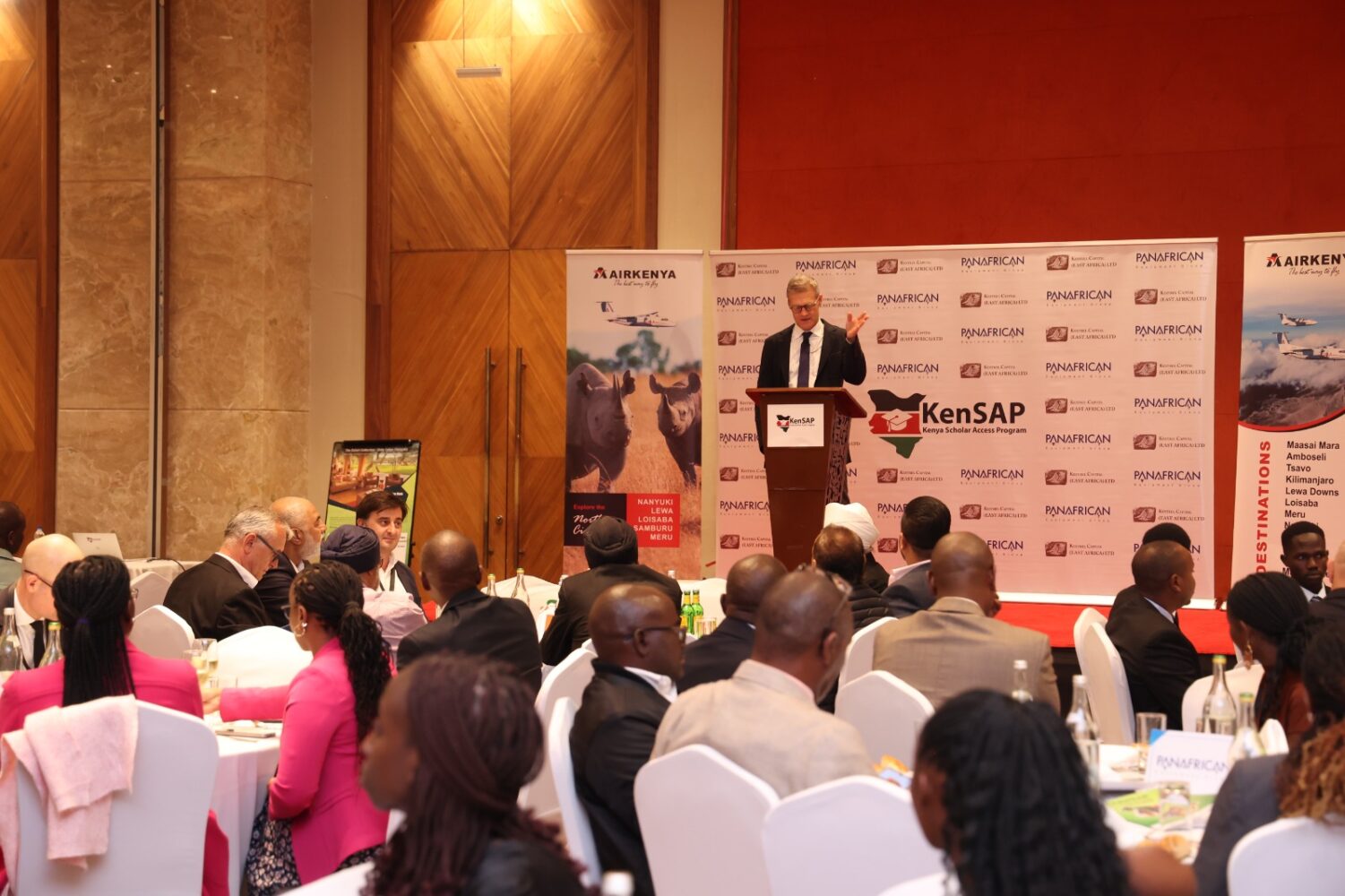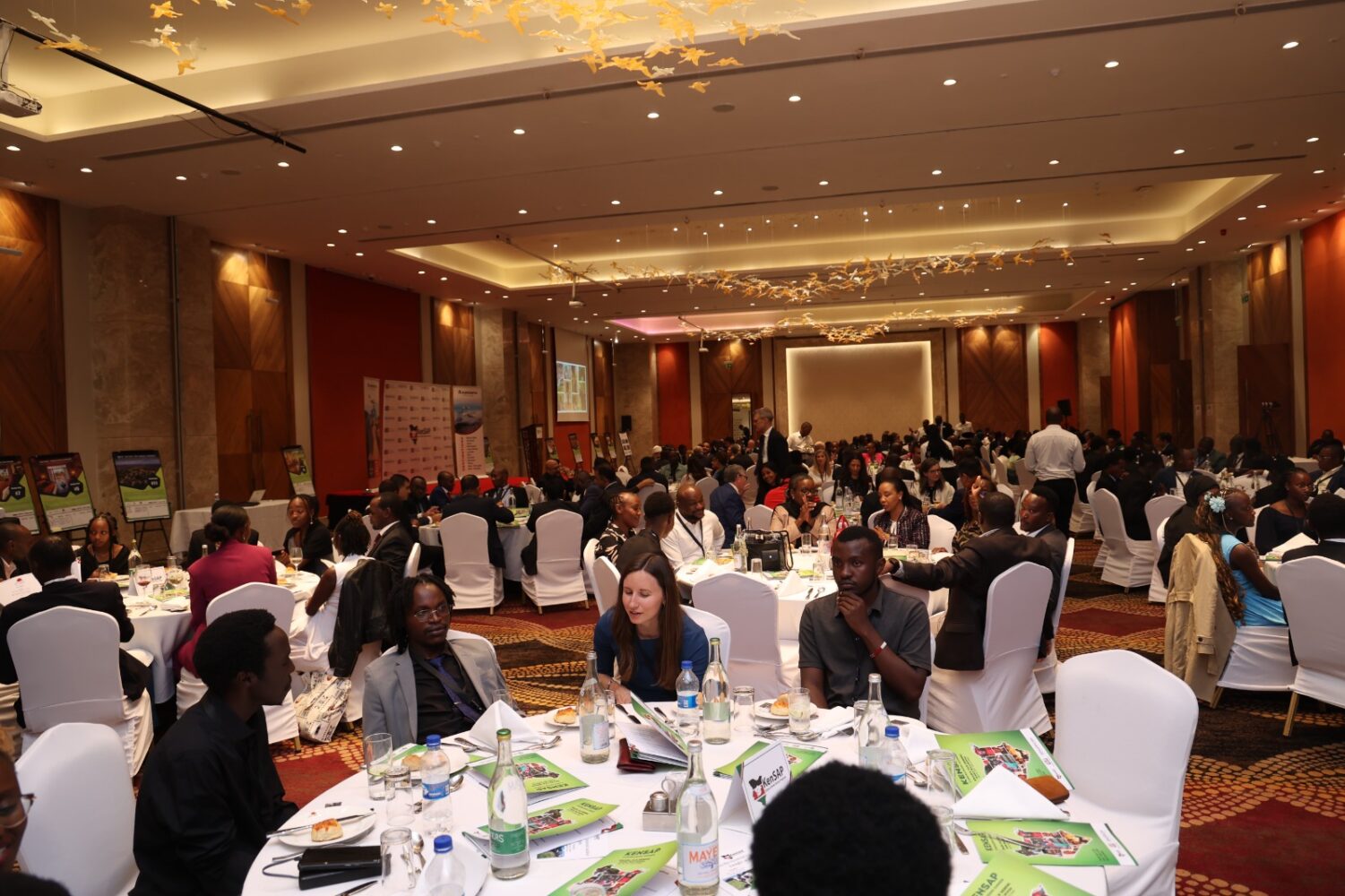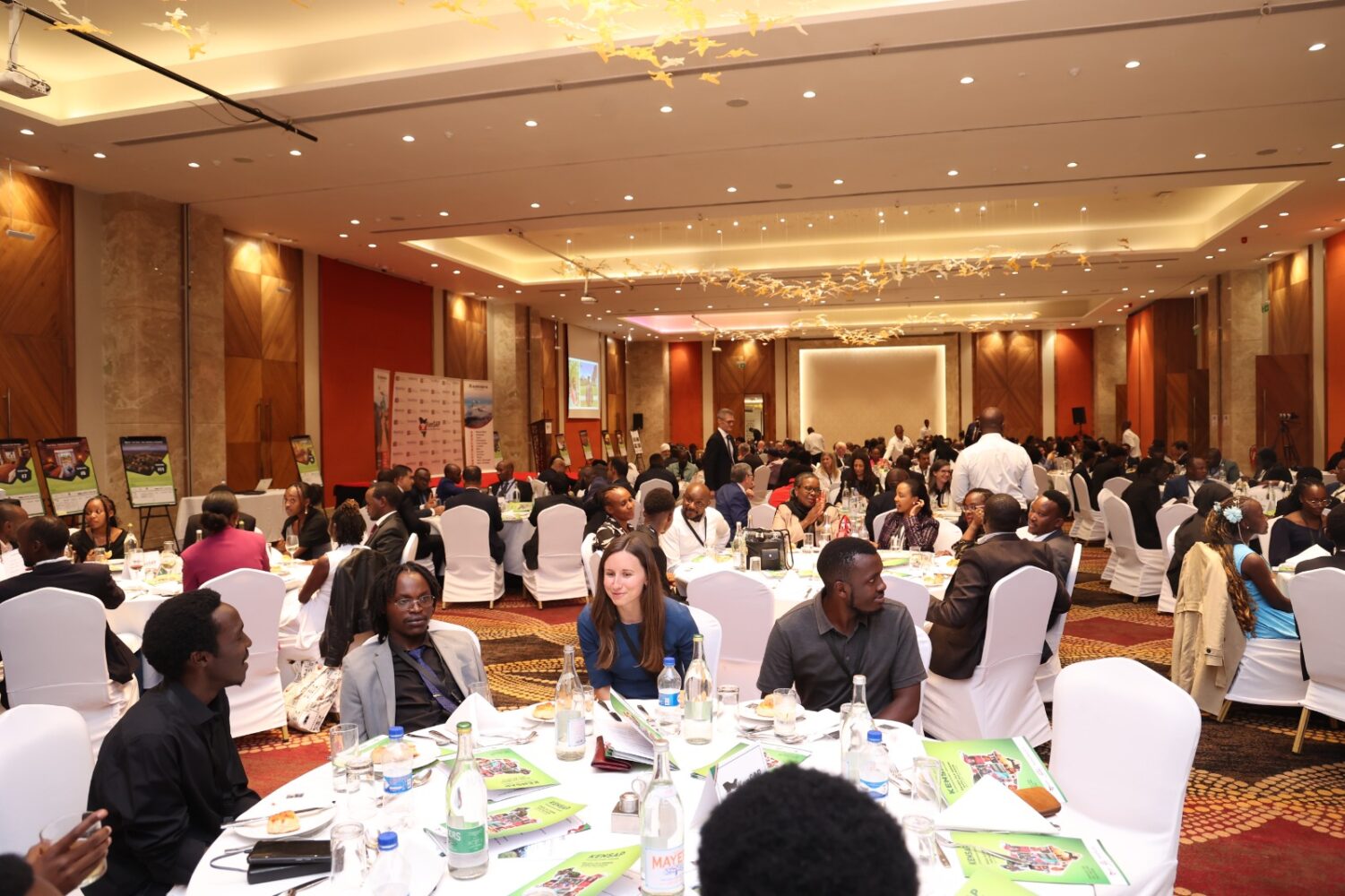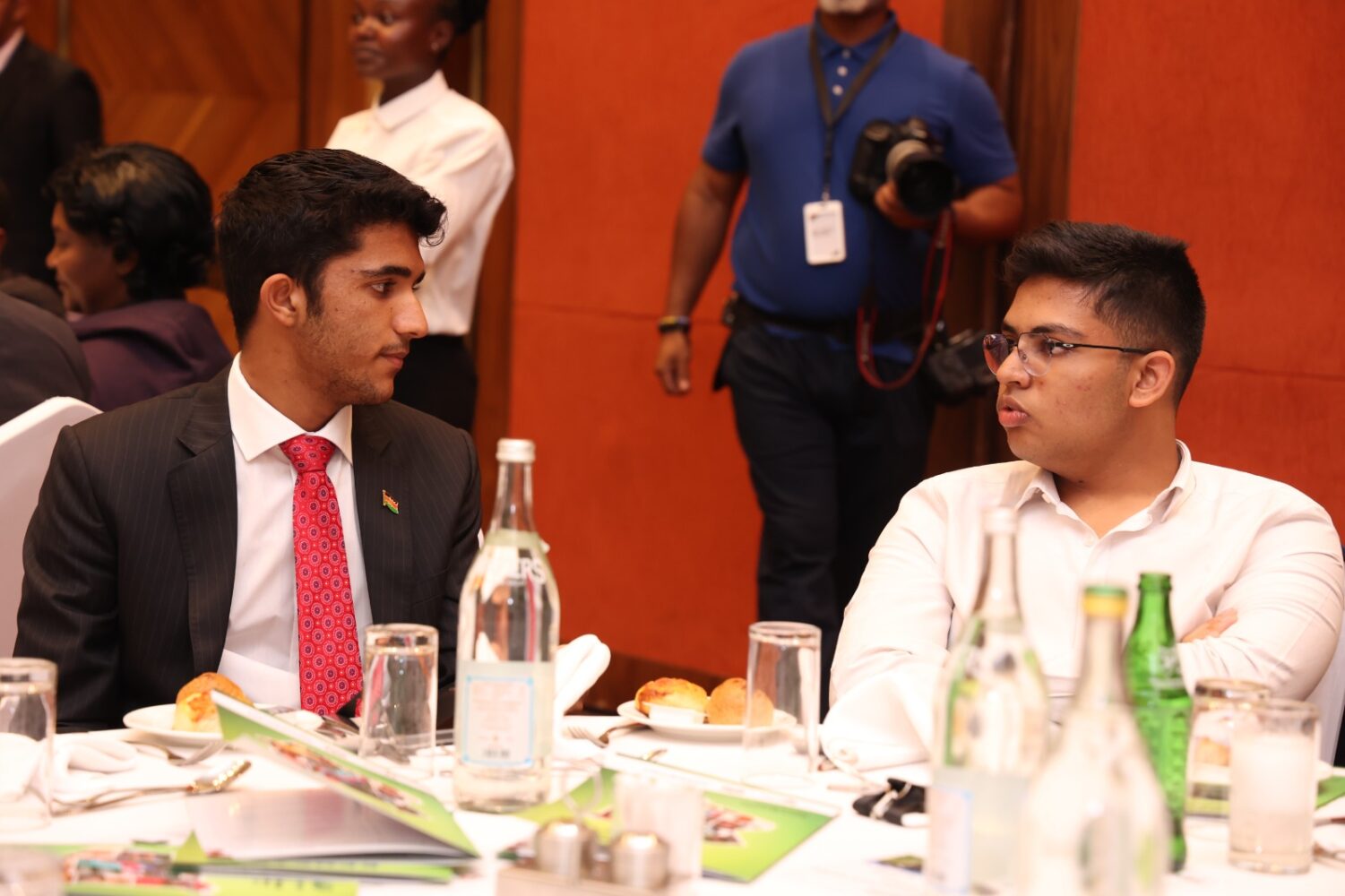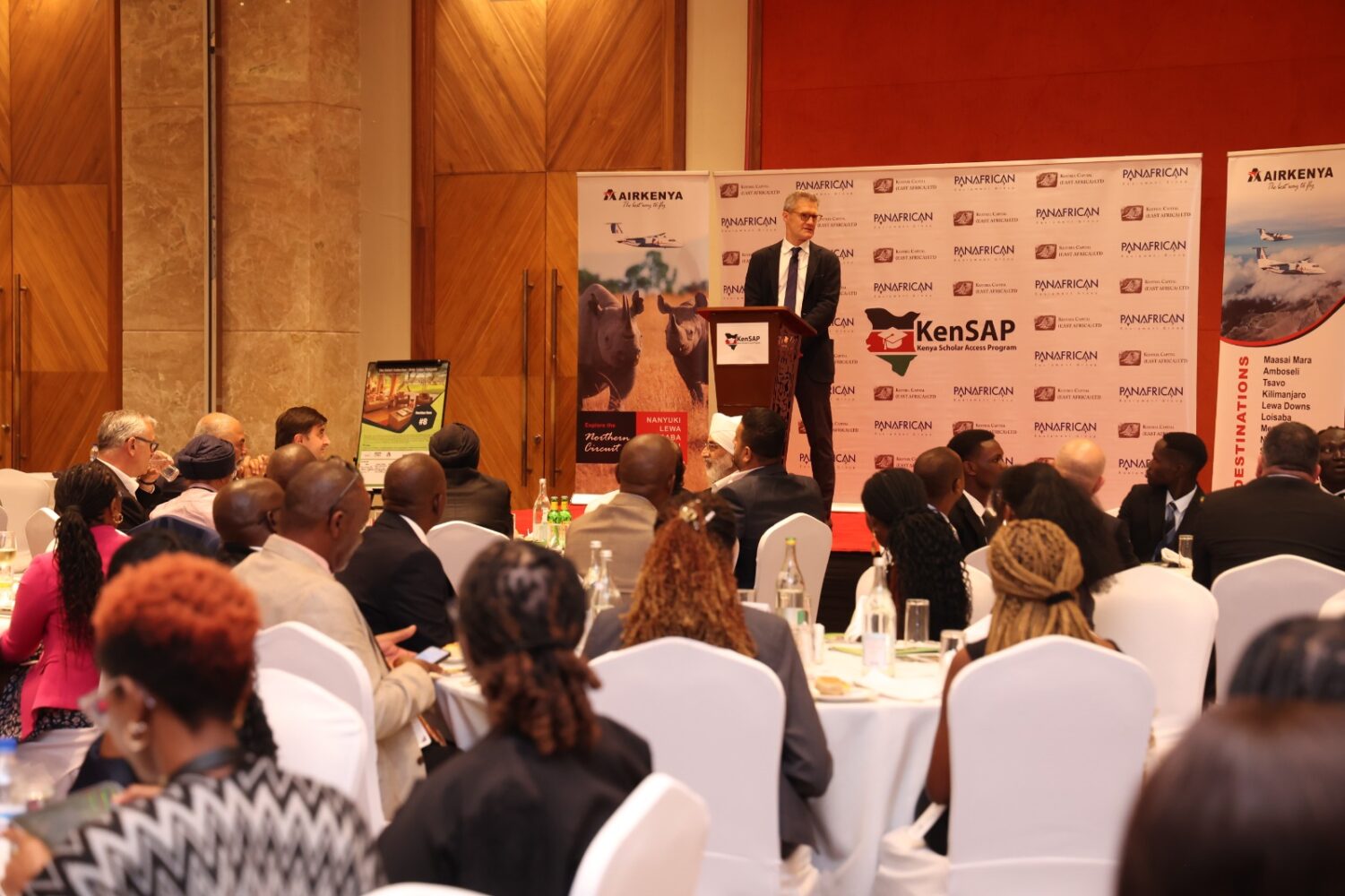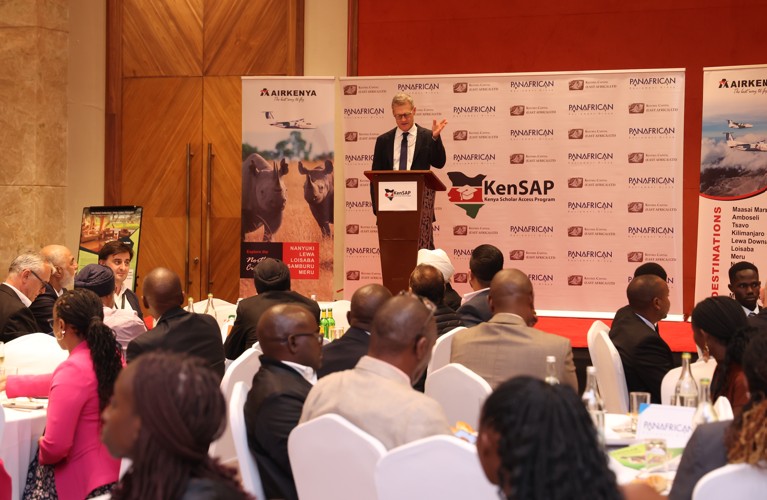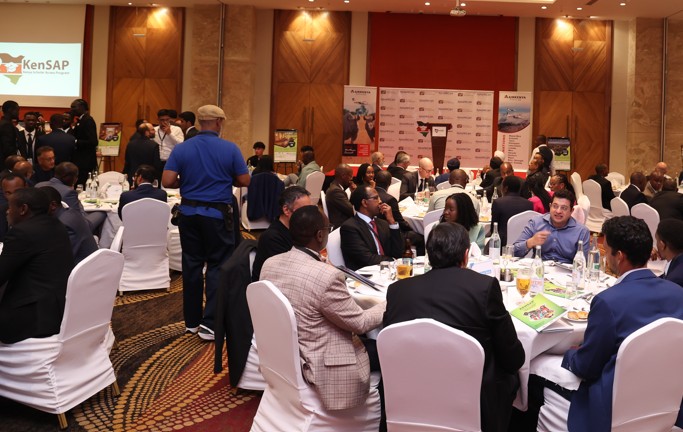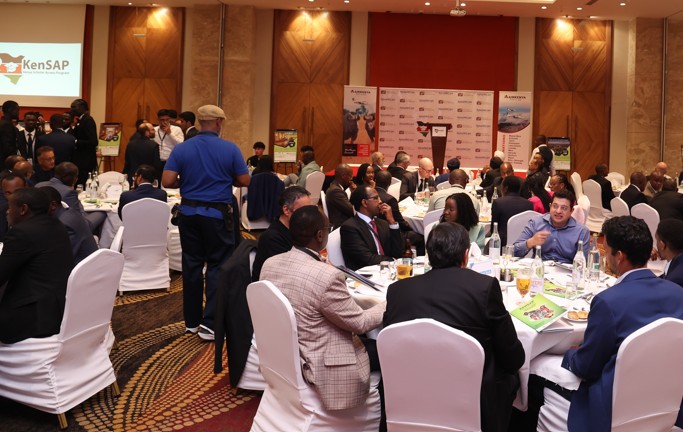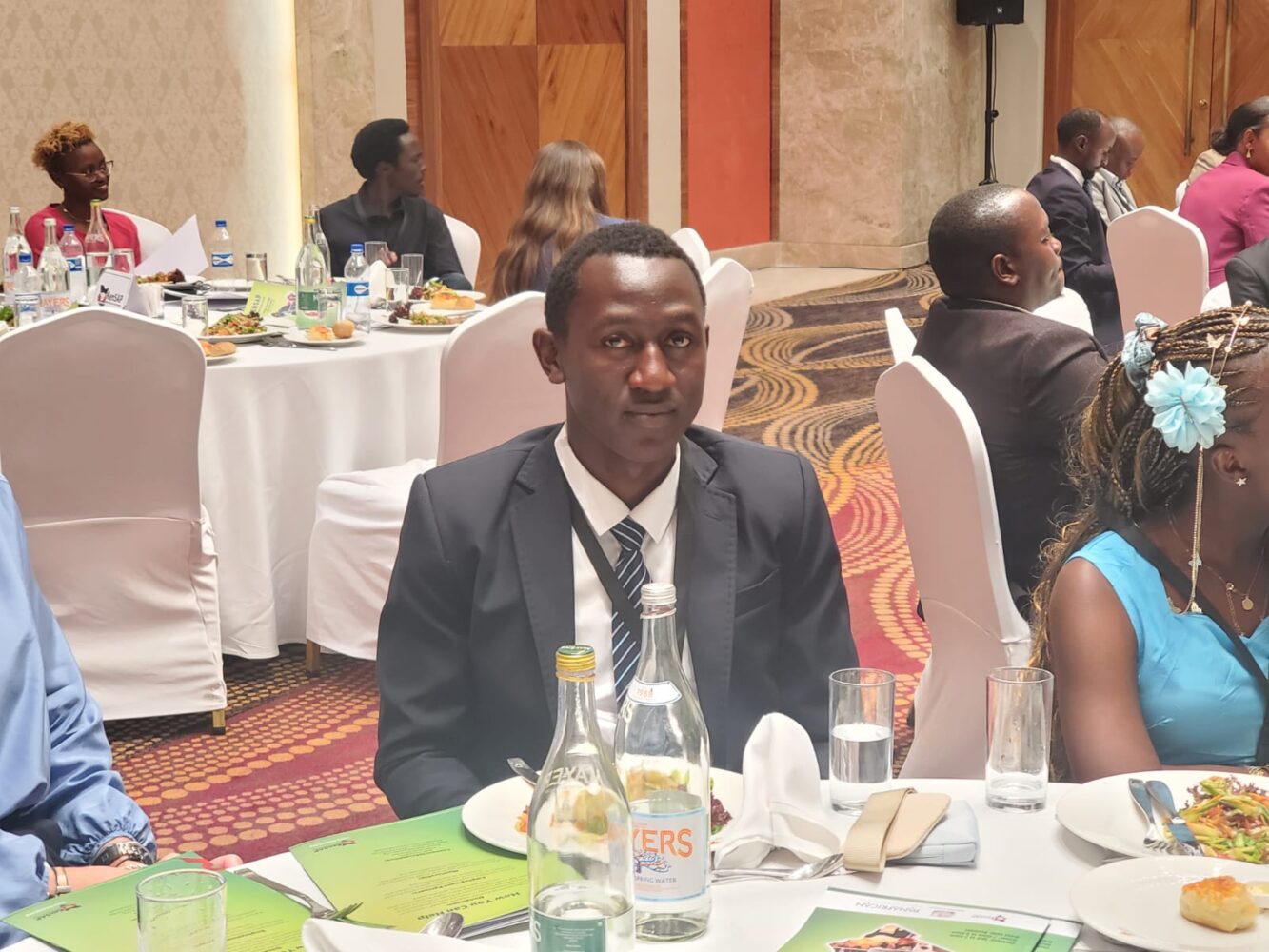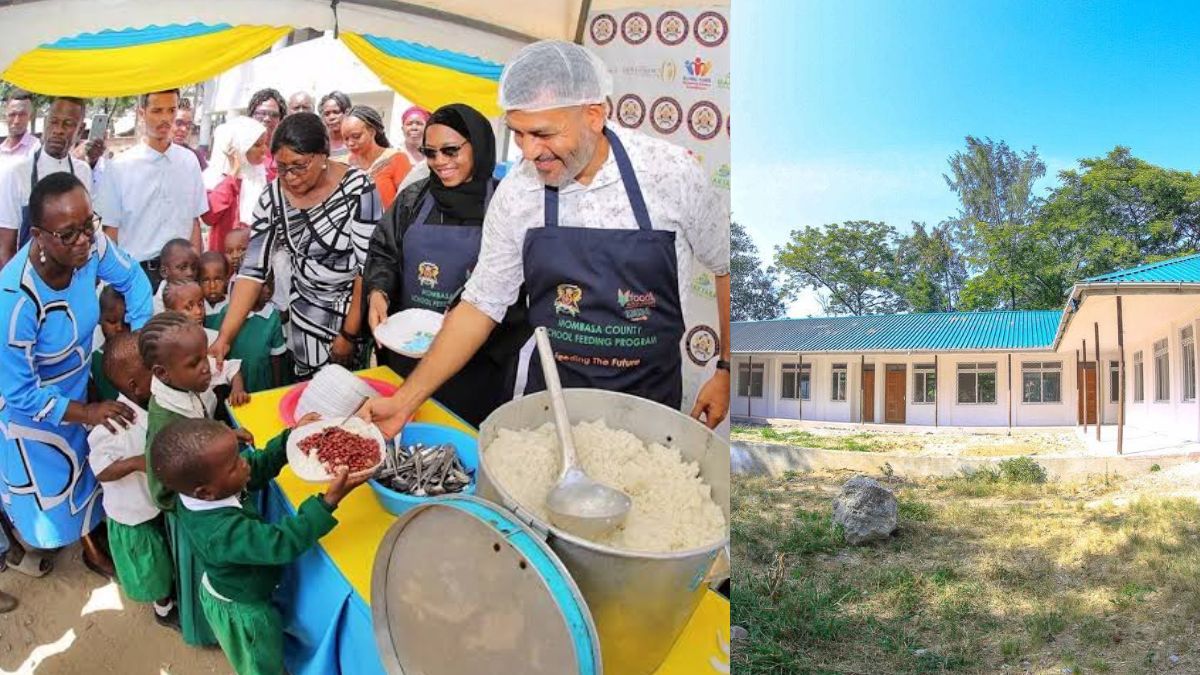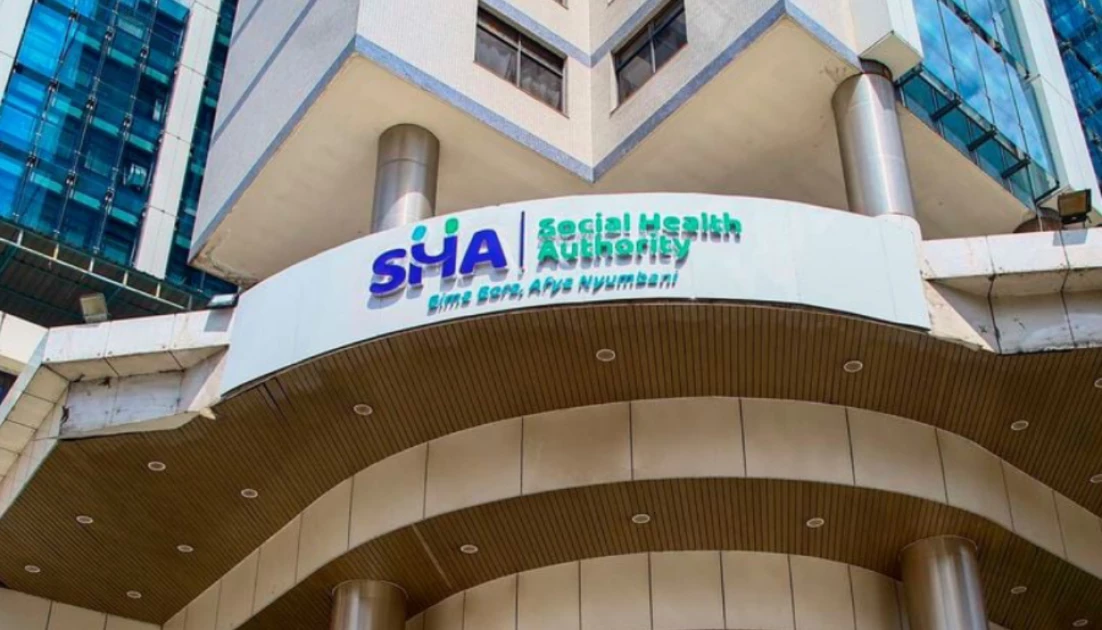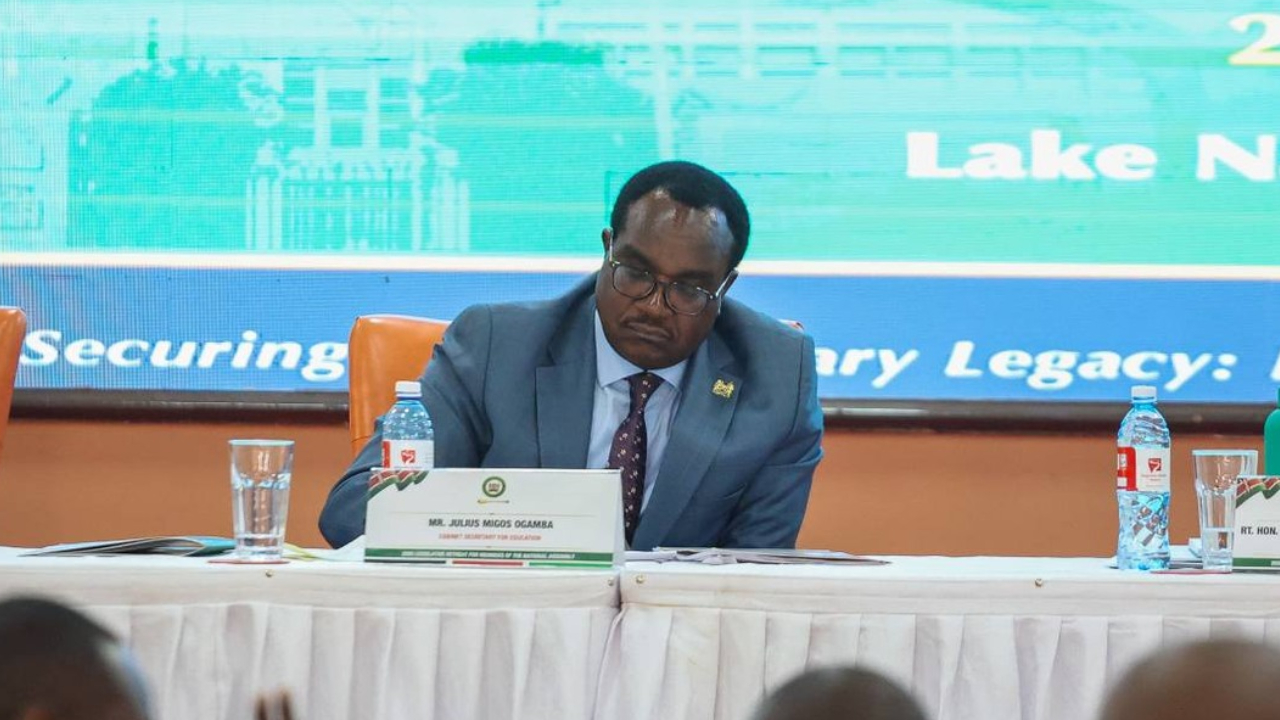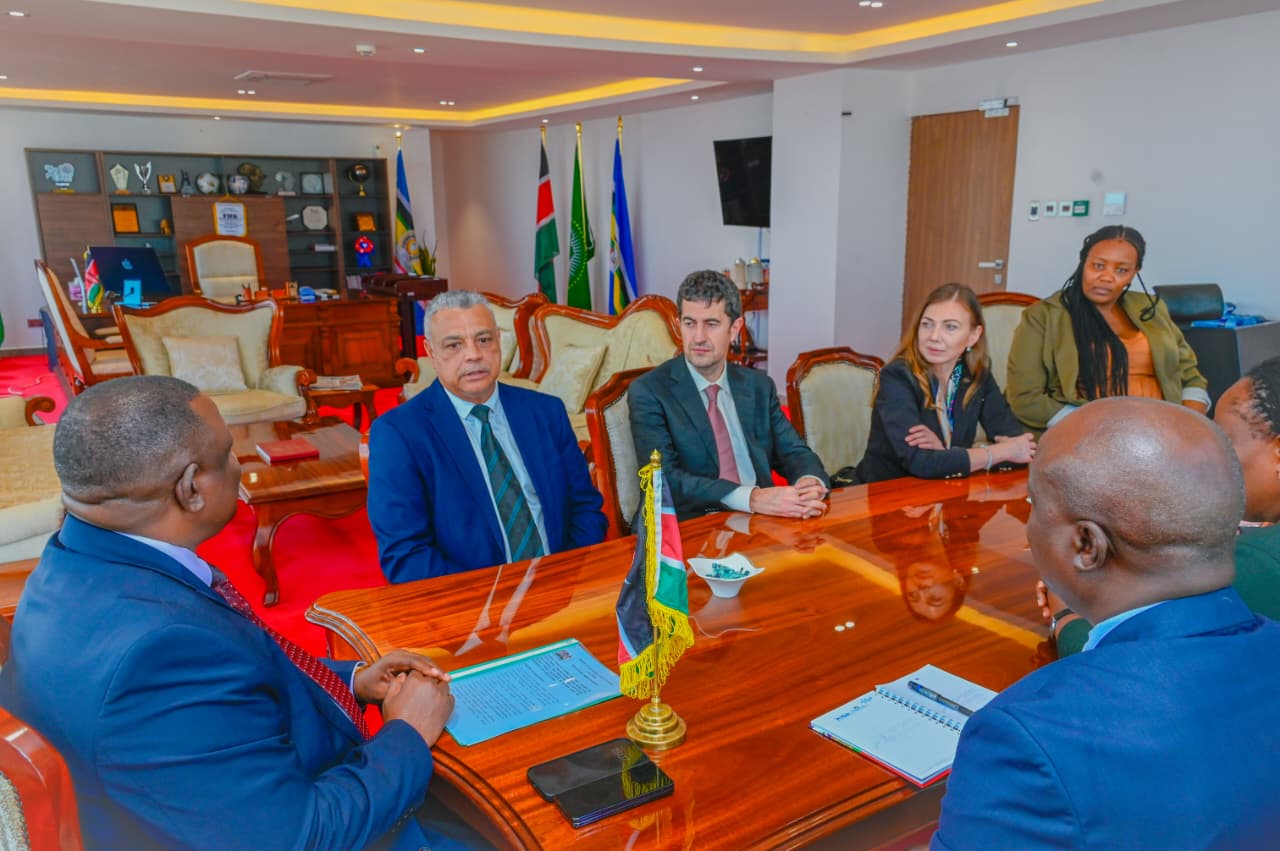Poverty, gender discrimination and cultural practices have been touted as significant barriers that affect access to education in Kenya.
These barriers are even more profound if a child comes from a marginalized community. According to Women Educational Researchers of Kenya (WERK), girls are particularly vulnerable to early marriages, teenage pregnancies, and domestic work, which disrupt their education.
Further, nomadic communities and children with disabilities face unique challenges in accessing consistent and quality education.
For Twahir Malafu, these challenges were glaring—not just to his parents but also himself—when he sat for his Kenya Certificate of Primary Education (KCPE). Born and raised from a family of poor background, high school education was not a guarantee, despite scoring highly in the national exams.
“I got 384 marks in KCPE. It was the best score in my primary school. I was called to Chavakali High School, but because of finances, my dream of joining the school could not materialise,” Malafu, a native of Kakamega County, says.
A victim of circumstance, Malafu was unable to enrol in the national school, and found himself admitted to a local secondary school riddled with inadequate infrastructure, inadequate teaching staff, insufficient learning aids and dilapidated social amenities. His unemployed parents were struggling to raise school fees.
But like the Biblical wise man who built his house on the rock, Malafu remained focus, upbeat and resolute — throughout the four years — amidst all these challenges. In the end, Malafu would score an A (minus) in his Kenya Certificate of Secondary Examinations (KCSE). This was record-breaking in the school’s history, and the grade made him the top student in the sub-county.
“It was a humbling experience for me to get the grade. I wished I could get the maximum points, but I was comforted by the reality that I did my absolute best,” he said.
His exemplary KCSE performance would see Malafu get the opportunity to enrol into the Equity Leadership Programme, working in one of the bank’s branches in Kenya’s capital – Nairobi. But even at this point, the hope of a better life was short-lived.
“My sister needed school fees. I had to step in. The earnings were a huge boost, but still, we had a deficit because the family needs were extremely high,” Malafu posed, adding that upon the completion of the programme, he took up a job in one of the hotels in Nairobi, just to supplement his income.
Unfortunately for Malafu, he was between a rock and a hard place, and this meant he could not join university. He was forced to defer pursuing Industrial Chemistry course at the University of Nairobi.
Lady luck comes calling…
But in the midst of juggling life, lady luck came for Malafu. He received a phone call that changed his life.
“I had applied for the Kenya Scholars Access Program (KenSAP) after a friend gave me a heads-up. But I had even forgotten about it because I was busy chasing bills. This programme changed my life.”
Today, he is one of the few Kenyan youths pursuing higher education in North America, courtesy of KenSAP. He is pursuing Banking and Finance at Claremont McKenna College, with light at the end of the tunnel.
“As a student, I’m exposed to vast opportunities that I could only dream of. I now have the best opportunity to dream again and make my life better,” a jovial Malafu posits.
Hope for high-achieving, low-income students
KenSAP helps high-achieving, low-income Kenyan high school graduates gain admission to the most selective colleges and universities in North America, all with full financial aid.
Since its founding in 2004, the organisation has placed 320 students at different institutions within its pool.
While guiding its students, like Malafu, through the admissions process, KenSAP also prepares them for American campus life, both academically and culturally, and later provides counsel and support throughout the students’ undergraduate careers and beyond.
Gala Dinner
KenSAP on Wednesday, May 21 held its sixth annual gala dinner at the Imara Ole Sereni Hotel in Nairobi, to raise funds meant to support their elaborate programme of uplifting underprivileged-yet-high-achieving students to access education in the United States and Canada.
The gala dinner featured an auction session of high valued items sponsored by lodges in the Maasaui Mara and Nanyuki were sold to the highest bidders, with all proceeds going directly into the KenSAP programme.
“Every year, we have an annual gala; the gala has grown over the years. This is our sixth gala, and the first year we raised about $40,000 in net proceeds. This year, we are expecting to raise about $90,000 in net proceeds. It will depend on the auction tonight.
“In terms of where the funding goes to, this event usually raises about 15 to 20 percent of our annual budget, and all of the proceeds go to support students, alumni, and our programming,” KenSAP Executive Director Alan Davidson told TV47 Digital.
At least 20 students get the opportunity to benefit from this life-changing initiative each year.
“We’ve been taking students from all across Kenya, including from the refugee camps in Kakuma and Dadaab. Academic credentials are based on where you went to school. So a student from a top national school scoring an A might not be surprising, but for a student in a local day school to get an A minus—that’s huge. We factor in all these dynamics to identify the most qualified candidates for the program,” Davidson retorted during the gala dinner.
